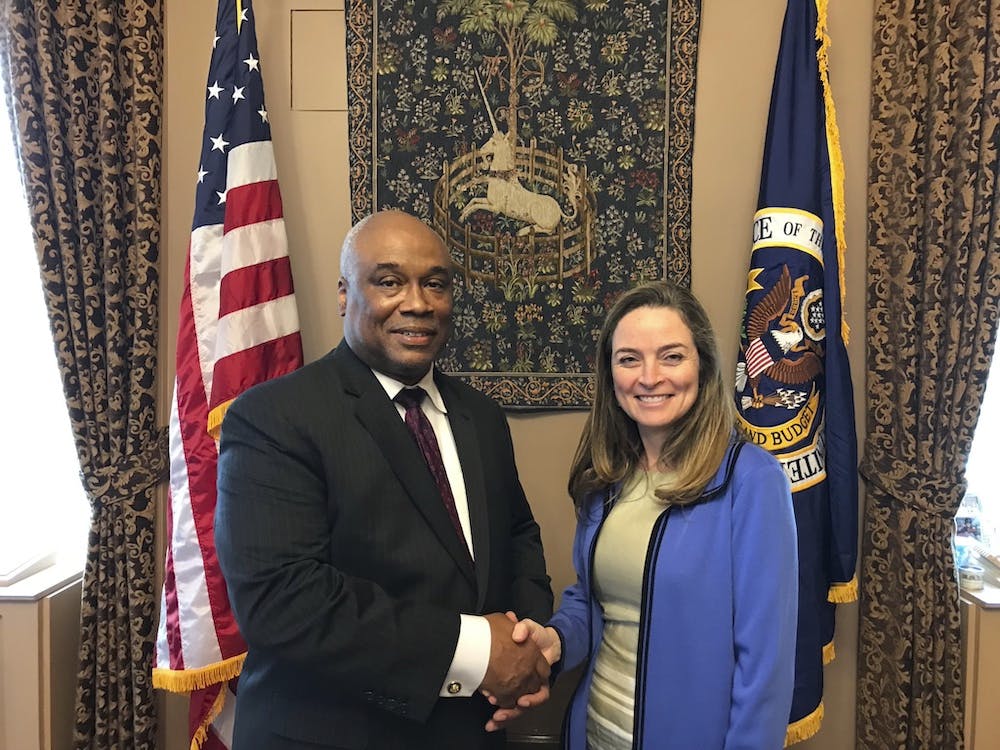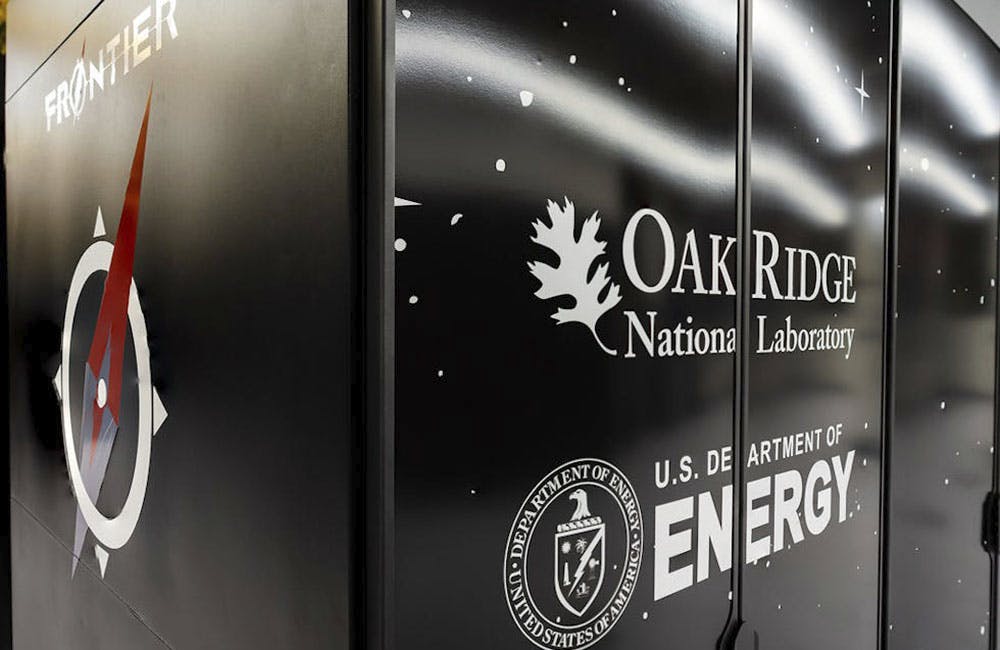Federal Procurement Chief Calls on Industry Partners for AI and Cloud Adoption
Artificial intelligence and cloud computing offer great capabilities, but the federal government needs support from industry to optimize best practices.

There is a huge opportunity for artificial intelligence and cloud computing to accelerate modernizing federal government systems, but the government has to collaborate effectively with industry to enhance innovation, according to the federal procurement chief.
Michael Wooten, who was appointed as the administrator of the Office of Federal Procurement Policy last month, touched on the two technologies — reinforcing federal strategies set forth by the White House’s AI Initiative and Federal Data Strategy of the President’s Management Agenda — during a FedInsider event Sept. 17.
Automated technologies are defined by the federal government as “machine-based approaches to performing tasks that replicate or augment human-cognition,” Wooten said. Specifically, the biggest opportunities for the federal government are in RPA, machine learning, natural language processing and image recognition, he said.
Various federal agencies like the Defense Department and the Department of Health and Human Services have already laid out successful AI strategies and have implemented automation to increase workflow efficiency, he said. But to improve harnessing these tech-solutions, “We need to spark innovation of AI that includes small business to the maximum extent possible,” he suggested.
Transferring data to the cloud should also allow agencies to share information to service providers more easily, though cloud service providers have to work with the federal government to improve data management practices, Wooten said.
“As the federal government continues to adopt cloud computing — and it will — many of the cyber and management responsibilities, such as detection, prevention [and] configuration management … shifted from the government to the cloud service provider,” said Wooten
“From an information-sharing perspective, where agencies are managing from inside their own data center, the move to the cloud environment means they are sharing space with other agencies,” he said. Though the cloud offers increased data scalability, the fragmented nature of the federal government makes information and data sharing particularly difficult, he explained.
Wooten said that since cloud service providers contract with individual agencies, they are reluctant to share agency information to the federal CIO and federal CISO.
“We often use the analogy of each agency being a tenant in a condo data center, and what we lack is a tenants’ association,” he explained. “The landlord has a responsibility to keep the condo safe from intrusion, and the tenant should be able to alert other tenants when they see a threat. We need to clarify the responsibility of each tenant and landlord.”
When it comes to cloud migration and acquisition, bundled services are highly appealing to agencies because they are easier to manage than integrative services and are cost-effective. But Wooten warned of vendor-solution lock-in risks, which make it difficult to move from one provider to another.
“95% of the federal government, for example, uses Microsoft Office Suite products,” he said. “The acquisition community needs to find solutions to maximize competition, ensure small businesses are able to participate and ignite innovation in the post-cloud environment.”
Wooten also stressed the importance of adopting category management principles, such as standardization of requirements, strategic supplier relationship management and information sharing — an approach DOD used in cloud-based email for its recently awarded Defense Enterprise Office Solutions BPA contract.
“It’s time for procurement leadership to engage in conversations with industry and the rest of government,” Wooten said, emphasizing the need for partnership throughout the IT modernization and procurement process.
This is a carousel with manually rotating slides. Use Next and Previous buttons to navigate or jump to a slide with the slide dots
-

The CAIOs Leading Responsible AI Development Across Government
Since the White House's AI executive order, federal agencies are in the process of naming chief artificial intelligence officers.
7m read -

Defense Board to Pitch Solutions for Closing Tech Talent Gaps
Defense Innovation Board members cite need to modernize people management the same way government modernizes technology.
4m read -

Energy Researchers Aim For Holistic Approach to AI Issues
A new center at the Oak Ridge National Laboratory is looking at under-researched areas of AI to better understand how to secure it.
2m read -

5 Predictions for AI in Government Technology
Agencies are setting plans in motion not only to integrate AI into their enterprises, but also ensuring the data that power these systems are fair.
41m watch







